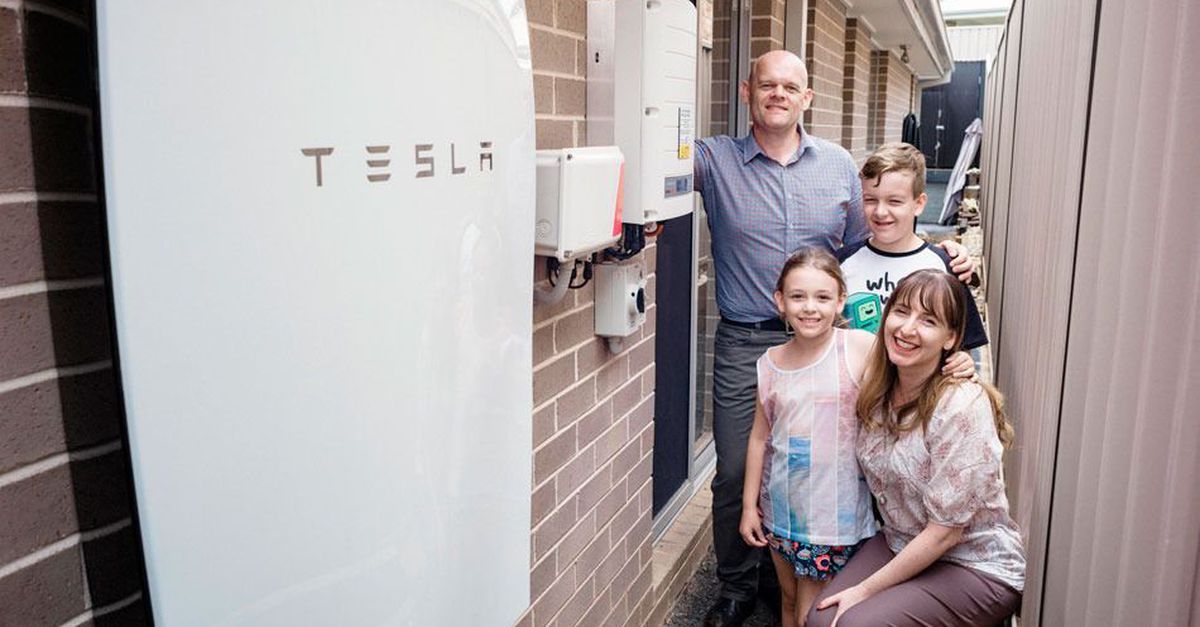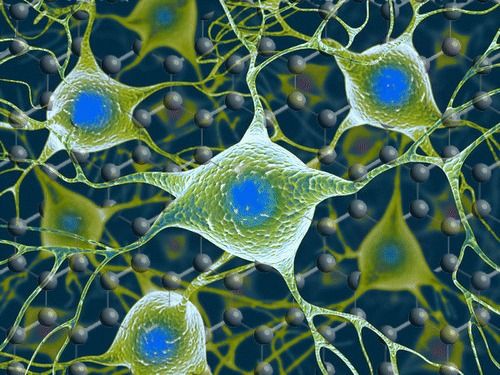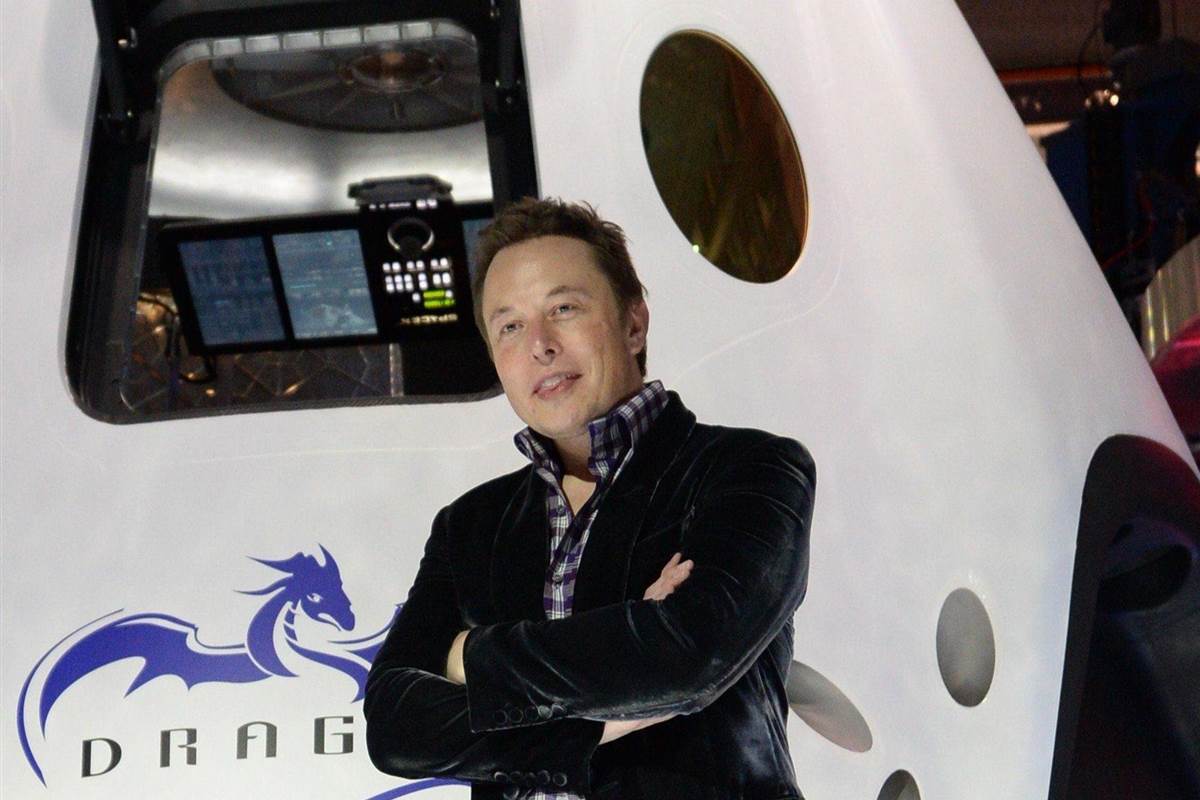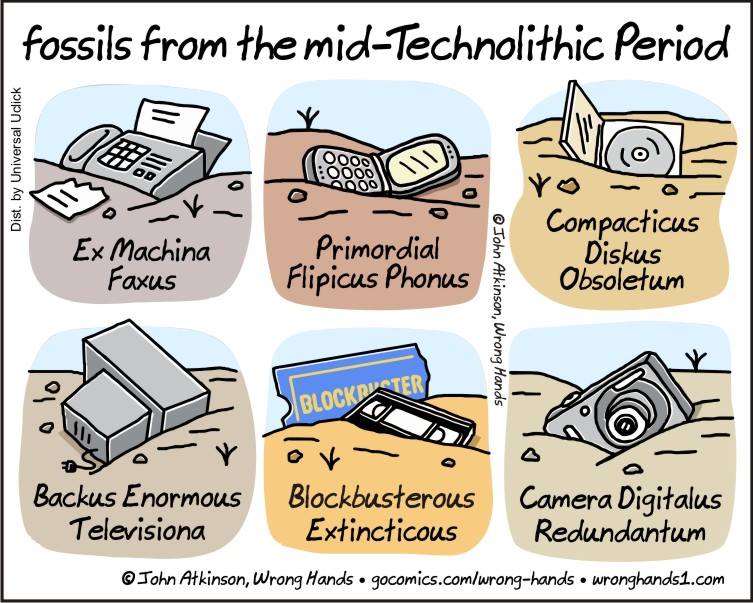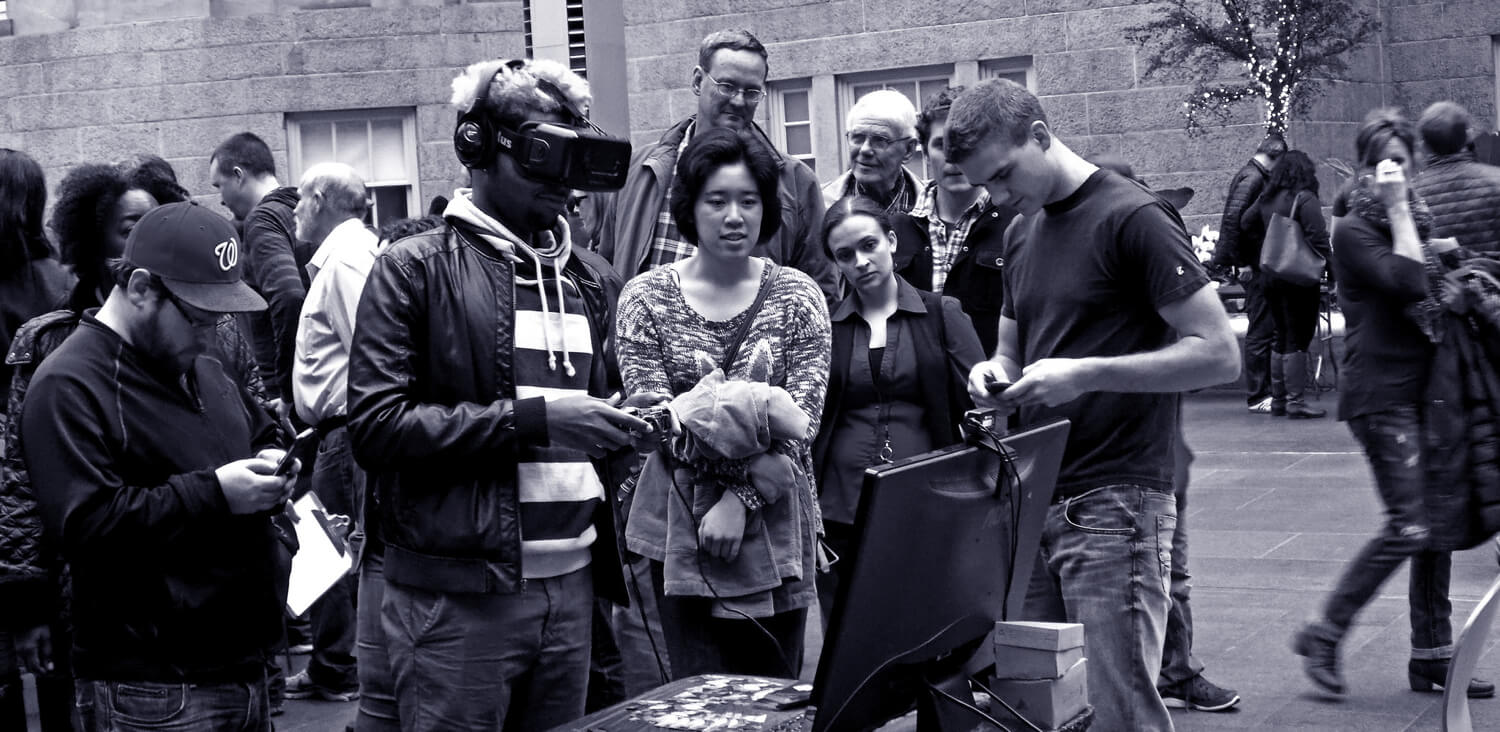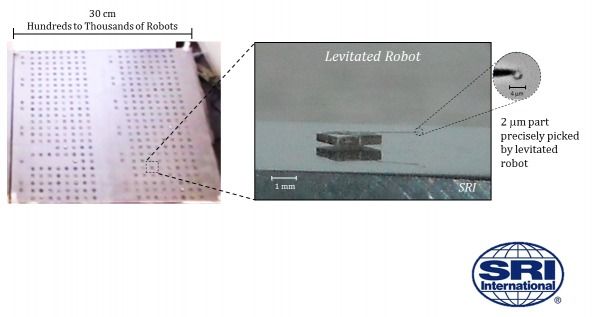Page 11497
Jan 29, 2016
Tesla’s home battery is finally rolling out. First stop: Australia
Posted by Shailesh Prasad in categories: habitats, solar power, sustainability
According to Nick Pfitzner, the Tesla Powerwall is “a thing of beauty.”
Pfitzner, who lives in Sydney’s Hills District, was one of the first homeowners in Australia to have the highly anticipated energy storage battery installed at his home on Thursday.
Tesla announced in September it would be bringing the Powerwall to Australia, with a spokesperson telling Mashable Australia the country had been “prioritised as a market” due to its high number of solar energy users.
Jan 29, 2016
Graphene shown to safely interact with neurons in the brain
Posted by Shailesh Prasad in categories: biotech/medical, materials, neuroscience
Researchers have successfully demonstrated how it is possible to interface graphene — a two-dimensional form of carbon — with neurons, or nerve cells, while maintaining the integrity of these vital cells. The work may be used to build graphene-based electrodes that can safely be implanted in the brain, offering promise for the restoration of sensory functions for amputee or paralysed patients, or for individuals with motor disorders such as epilepsy or Parkinson’s disease.
Jan 29, 2016
USENIX Enigma 2016 — NSA TAO Chief on Disrupting Nation State Hackers
Posted by Roman Mednitzer in categories: habitats, privacy, security
Rob Joyce, Chief, Tailored Access Operations, National Security Agency.
From his role as the Chief of NSA’s Tailored Access Operation, home of the hackers at NSA, Mr. Joyce will talk about the security practices and capabilities that most effectively frustrate people seeking to exploit networks.
Continue reading “USENIX Enigma 2016 — NSA TAO Chief on Disrupting Nation State Hackers” »
Jan 29, 2016
Elon Musk Says SpaceX Will Send People to Mars
Posted by Shailesh Prasad in categories: Elon Musk, space travel
Elon Musk wants to go to space within the next five years and thinks human beings can reach Mars by 2025.
Jan 29, 2016
This comic is funny, because old gadgets are LOLz and all, but it actually bears a lot of truth
Posted by Shailesh Prasad in category: materials
Humans have contributed, in the form of plastic, glass, and purified metals, the largest influx of new minerals into Earth’s geologic history (probably) since oxygen levels first ticked up in the atmosphere around 2.3 billion years ago.
Here’s two new, 100% real science words for you to learn today: Technofossil and plastiglomerate.
I’ll have a video out about this on Feb. 8… stay tuned!
Jan 29, 2016
Greenlight VR Report: Consumers Are Surprisingly Unaware of Virtual Reality
Posted by Karen Hurst in categories: computing, virtual reality
When the consumers (who happen to be your primary customer) of your product doesn’t seem to be fully aware of your product; then you have indeed a broken product marketing and launch awareness program. And, if industry is also part of that picture; you may have an even bigger challenge.
After our latest US consumer research in October 2015, we wanted to find out if the trends we were seeing in the survey data held for a larger, more international pool. In December, we surveyed over 1,000 respondents throughout the United Kingdom about their awareness of virtual reality, interest in purchasing headsets and trying applications, and their concerns.
With everyone from Facebook’s Mark Zuckerberg to analysts at Goldman Sachs boldly claiming VR as the next computing platform, we believe it is critical strategic decision makers — product managers, marketers, and investors alike — better understand the industry’s potential early adopters and what they really want from our industry.
Jan 29, 2016
The understanding of artificial intelligence should be better
Posted by Karen Hurst in categories: business, finance, robotics/AI, space
Overall, this is a good article. However, for AI to truly take off across industry; you must understand the industries that you’re trying to enable. I keep finding this gap in all of the AI discussions.
Yes, we have opportunities in the consumer space; however, if you truly want to be embraced by industry to enable it’s front and back office operations you must ensure that the AI that you’re developing can easily support and enable businesses. Granted not all AI belongs in business and are sometimes better suit for the consumer space or government and vice versa. However, when designing and developing AI; you truly have to know up front who is your primary targeted audience and remain focused towards that audience.
Dr. Kailash Nadh, who holds a PhD in artificial intelligence from London’s Middlesex University and is the CTO of financial technology firm Zerodha, talks about why AI hasn’t picked up yet and what lies in the future.
Jan 29, 2016
Nanotechnology in Manufacturing: The Future is Now (Part 1)
Posted by Klaus Baldauf in categories: biotech/medical, engineering, nanotechnology, particle physics, robotics/AI
The burgeoning field of nanotechnology promises an indefinite range of capabilities in medicine, optics, communications, and other facets of applied science and engineering. On that front, the U.S. Defense Advanced Research Projects Agency’s (DARPA) Atoms 2 Products program (A2P) is funding 10 companies, universities, and institutions to develop mass-manufacturing techniques and technologies for functional products made up of nanoscale constituents. The project demonstrates a mere slice of the contributions in the mass movement to make nanotechnology a part of our everyday lives.
The following gallery highlights the work of five DARPA-funded projects in the program. The slides describe an atomic calligraphy technique for 2D atomic printing, a manufacturing method for producing high-frequency “Nanolitz” wires, the construction of pop-up sensors for laparoscopy, and a conjunct effort to use micro-robotics to build the assemblers of nanodevices.
Jan 29, 2016
Many healthcare organizations not preparing for precision medicine
Posted by Karen Hurst in categories: biotech/medical, health
59% of the providers surveyed recently state that they have no intentions of offering precision treatment such as CRISPR for the next 5 yrs. which means patients with MS, Dystonia, Cancer, etc. will not necessarily get proper choice of treatments that they deserve.
As the Obama administration looks to Congress to fund its $215 million Precision Medicine Initiative, a new poll of healthcare executives indicates that most hospitals and health systems are not planning on leveraging such advances in genomics and data analytics to personalize patient care.
In the poll, conducted by analytics vendor Health Catalyst, 59 percent of respondents indicated that precision medicine will not play a significant role in their organizations over the next five years.
Continue reading “Many healthcare organizations not preparing for precision medicine” »

